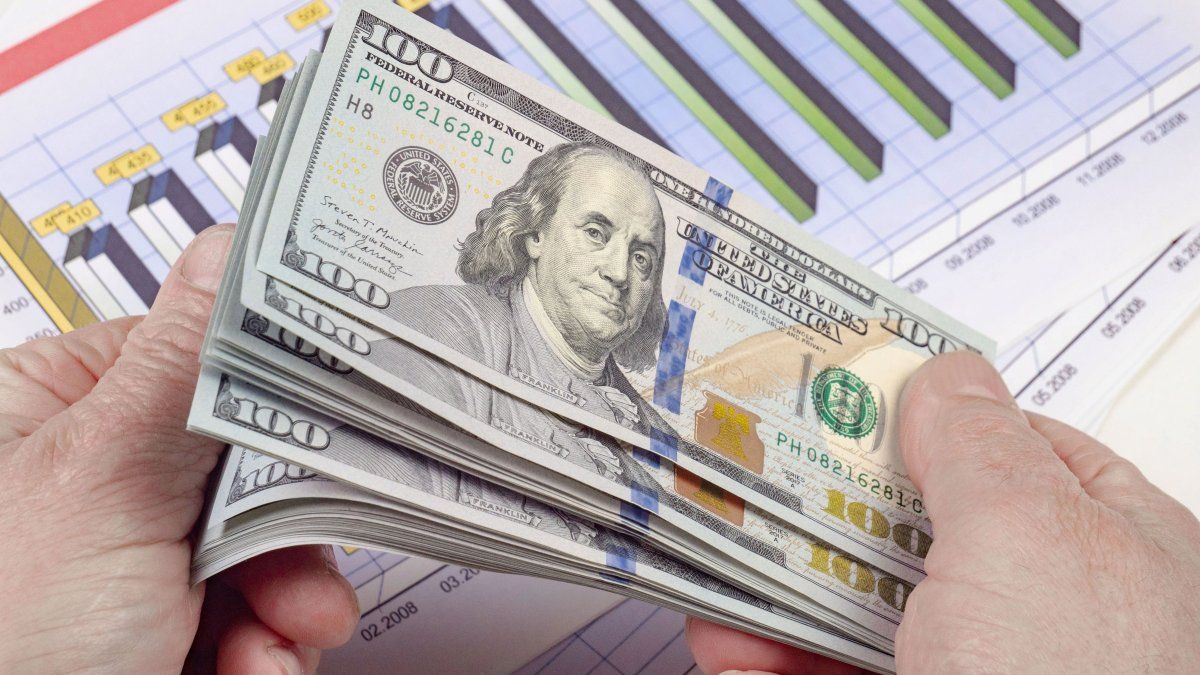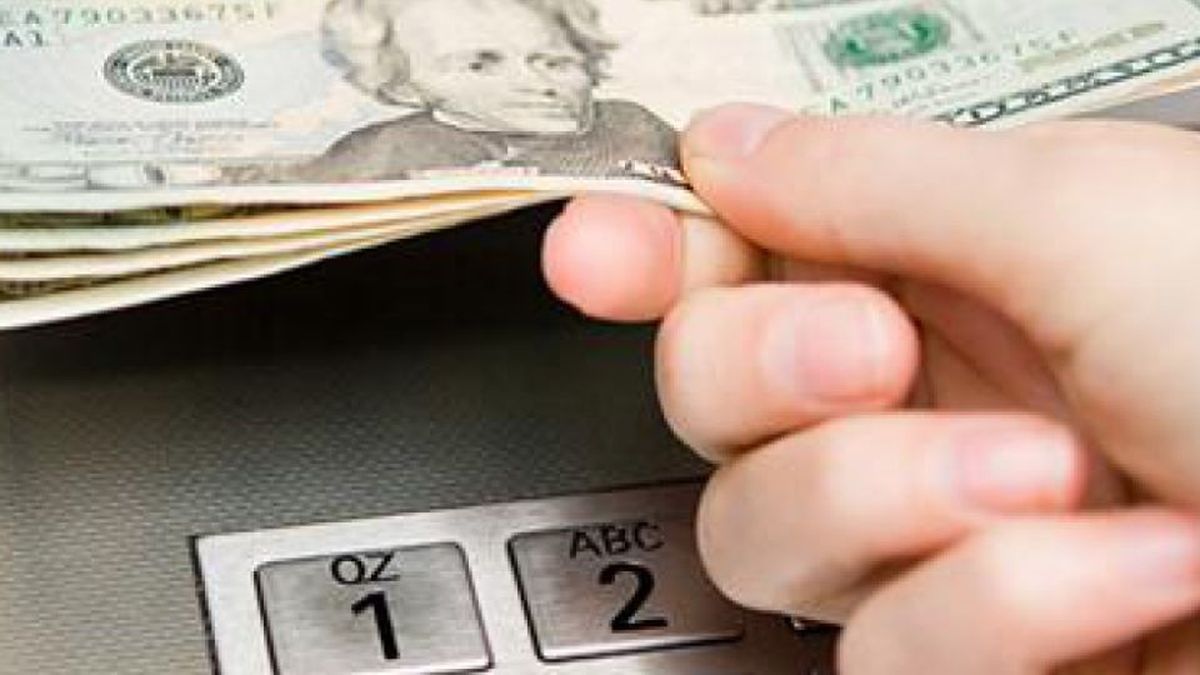Almost everything is becoming more and more expensive, especially energy. The expected inflation rate is correspondingly high.
The inflation expectations of private households have risen further in Germany. Expected inflation for the next 12 months rose to 5.8 percent in March from 4.7 percent in February, Bundesbank data showed on Friday.
This is the highest value since the survey began in 2019. The average inflation rate expected over the next five years rose more moderately from 4.5 to 4.8 percent.
wage-price spiral
According to the Bundesbank, the proportion of those surveyed who expect inflation to rise sharply in the next twelve months rose sharply from 41 to 61 percent. The firm anchoring of inflation expectations is considered an important goal of modern monetary policy, which works primarily by controlling expectations. If the expectations of inflation become unanchored, there is a risk of high wage demands, which in turn can prompt companies to raise prices. Economists speak of a wage-price spiral.
Energy and raw materials decisive
The European Central Bank (ECB) is aiming for inflation of two percent for the euro area as a whole in the medium term. In March, on the other hand, actual inflation was 7.5 percent. The decisive factors are above all high price increases for energy and raw materials as well as for many preliminary products. These are consequences of the corona pandemic, which are being intensified by the Ukraine war. The ECB has reduced its asset purchases, which stimulate the economy, but has not yet raised interest rates.
Source: Stern
Jane Stock is a technology author, who has written for 24 Hours World. She writes about the latest in technology news and trends, and is always on the lookout for new and innovative ways to improve his audience’s experience.




